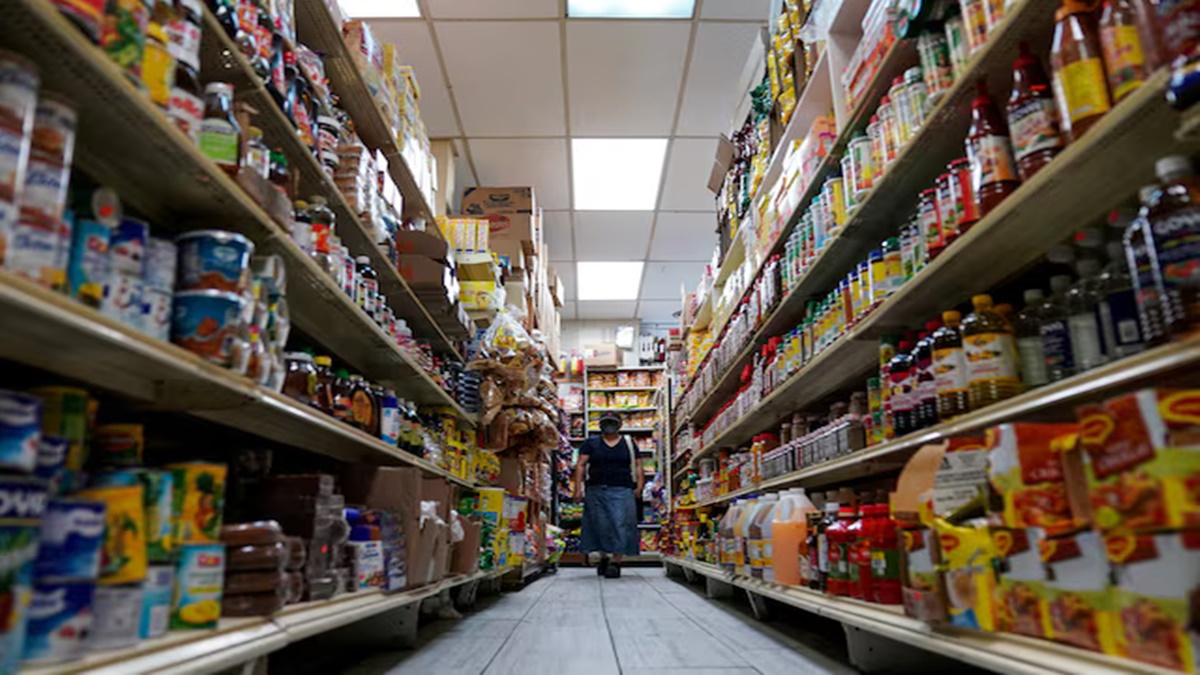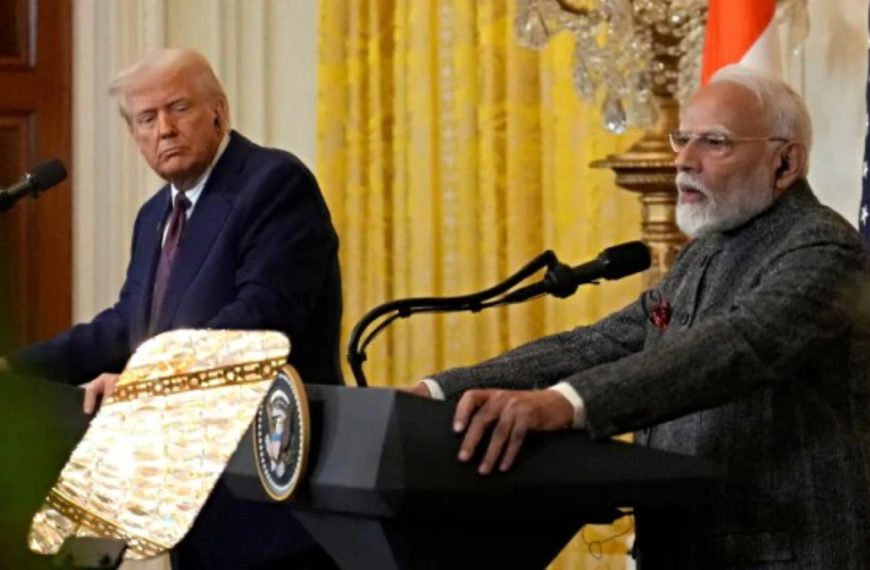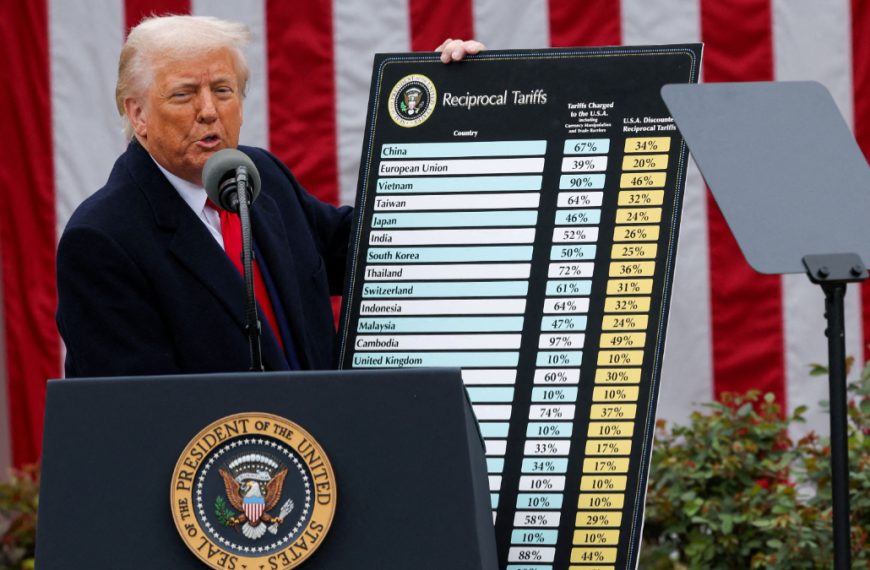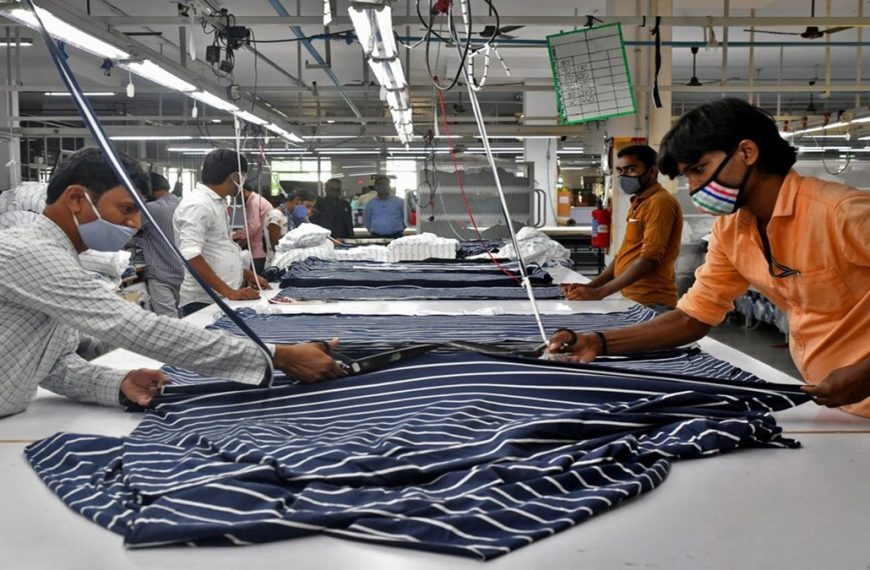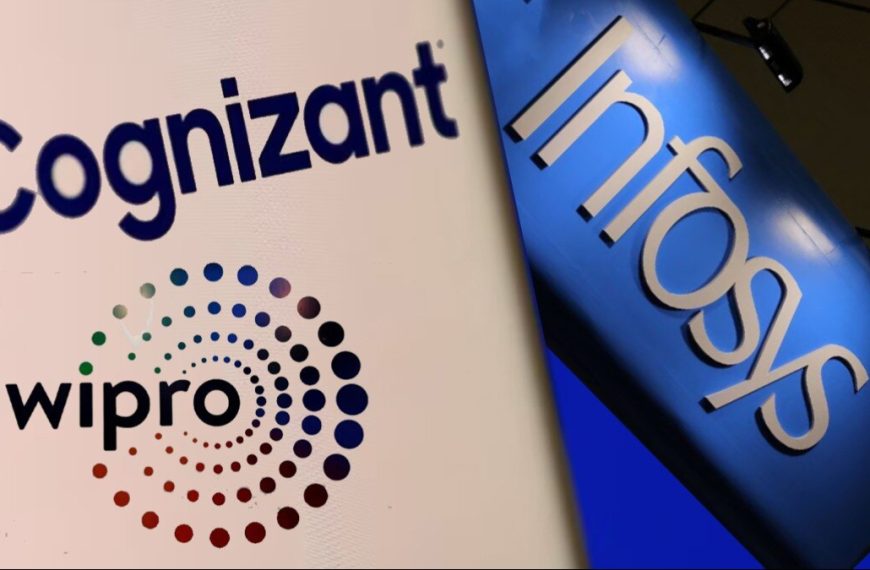In the ever-evolving landscape of the beauty and personal care (BPC) industry, major players are pushing for a significant regulatory overhaul. Fast-moving consumer goods (FMCG) companies argue that the existing framework under the Drugs and Cosmetics Act of 1940 stifles innovation and growth. These cosmetic giants are advocating for a distinct set of laws tailored specifically for beauty products, emphasizing that the current regulations are too burdensome and hinder their ability to adapt to market demands.
A Call for Separate Regulations
Leading companies like Hindustan Unilever, L’Oreal, Procter & Gamble, and Colgate-Palmolive, through the Indian Beauty and Hygiene Association (IBHA), have raised concerns regarding compliance issues. They highlight several pain points:
- Excessive compliance requirements
- Lengthy approval processes for minor changes
- An outdated focus on pre-market licensing instead of post-market surveillance
These challenges underscore the industry’s need for a regulatory framework that reflects modern practices and consumer expectations.
Industry Discussions and Government Action
Recently, a high-profile roundtable discussion organized by The Dialogue, a public policy think tank, brought together cosmetic industry leaders, legal experts, and civil society representatives. They deliberated on the future regulatory landscape for cosmetics in India, exploring alternatives to the current law.
Although a committee was established to review the Drugs and Cosmetics Act, and a draft of the New Drugs, Medical Devices and Cosmetics Bill, 2022 was introduced, beauty industry stakeholders feel that the proposed changes do not adequately address the need for separate regulations. They draw parallels with the Food Safety and Standards Act, 2006, which successfully replaced outdated food laws with a more modern, safety-focused framework.
Advocating for Change
Dev Bajpai, a prominent advisor and former chief legal officer at HUL, emphasized the importance of affordable daily-use products in the cosmetics sector. He advocates for a dedicated regulatory framework that distinguishes cosmetics from pharmaceuticals.
Similarly, Amit Bhasin, chief legal officer at Marico, pointed out the lengthy pre-market approval processes that hinder companies’ growth and competitiveness. He believes that a modern, industry-specific regulatory structure would not only streamline product innovation but also open up new market opportunities for emerging brands.
Significant Market Growth
The BPC market in India is projected to soar from $21 billion in current value to an impressive $34 billion by 2028, reflecting a robust annual growth rate of 10-11%. This growth potential highlights the urgency for regulatory reform to keep pace with the industry’s expansion.
Kazim Rizvi, founding director of The Dialogue, stressed that as the domestic cosmetics market flourishes, it’s crucial for regulations to evolve in tandem, ensuring that the sector thrives in a conducive environment.
In a time where beauty and personal care are more than just commodities, the call for a separate regulatory framework is not just a desire but a necessity for the industry’s future.

